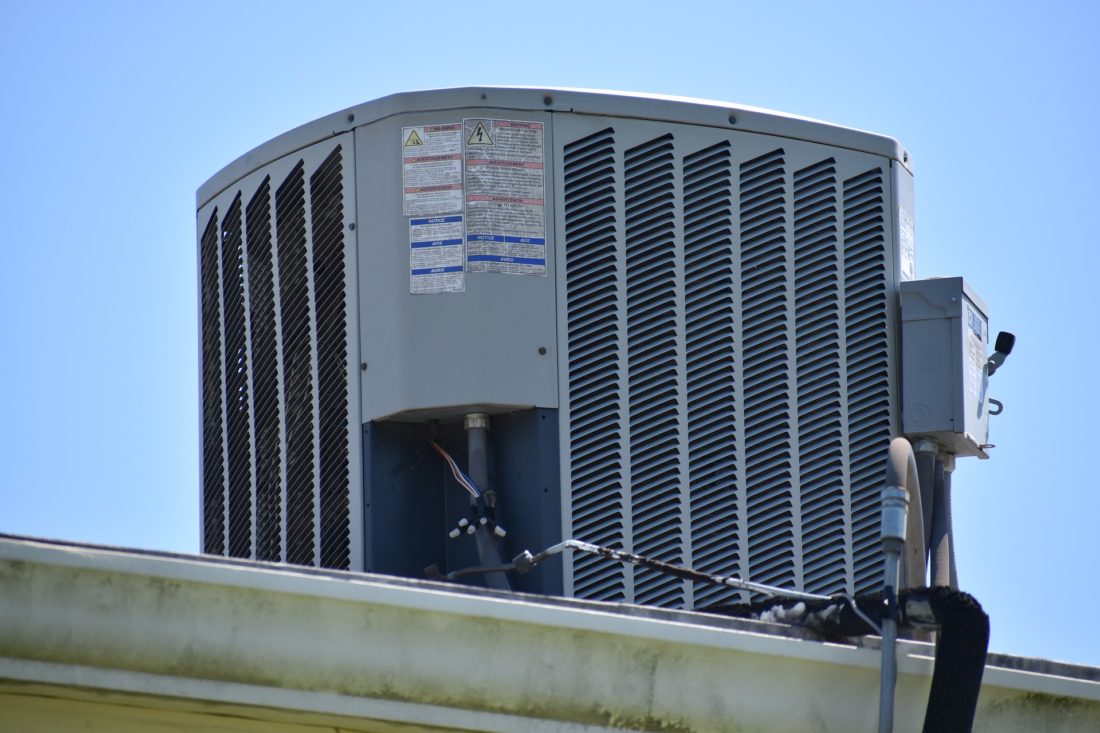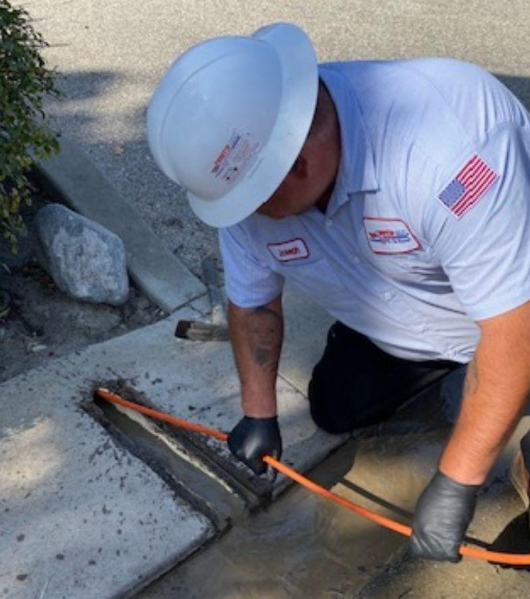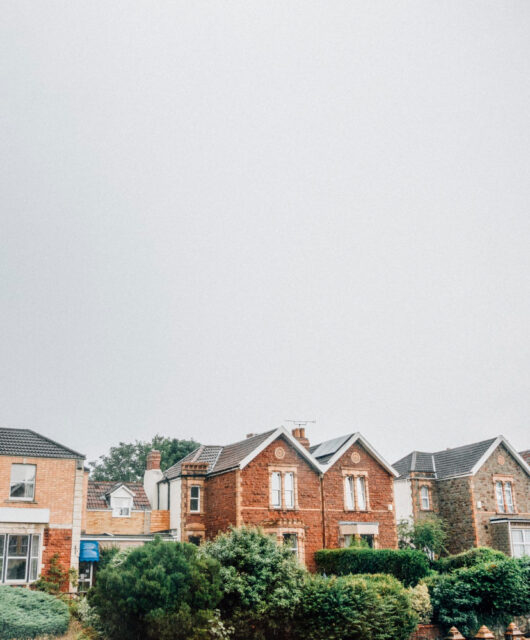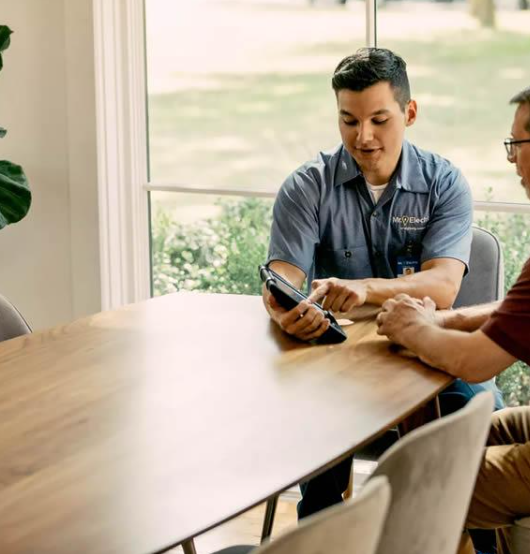4 Reasons Cheap Air Filtration Systems Aren’t Giving You Clean Air
 Are you using an air filtration system in your home or in the office? It’s important to have clean air, but your filtration system may not be filtering the air very well. Not all filtration systems are equal, as some only filter certain particles. If you have allergies, for example, you need a HEPA filter and if you want to filter out plastic particles, you need a special unit all together.
Are you using an air filtration system in your home or in the office? It’s important to have clean air, but your filtration system may not be filtering the air very well. Not all filtration systems are equal, as some only filter certain particles. If you have allergies, for example, you need a HEPA filter and if you want to filter out plastic particles, you need a special unit all together.
Filtering air quality is important and will impact your health. For example, it’s critical to change or clean the filters installed in your HVAC system to prevent pollutants from being recirculated. If you’ve bought a filtration system and you’re still suffering, you may not have the right setup.
If you haven’t given much thought to how you filter the air in your living space, here are 4 points to consider.
1. Some pollutants are smaller than generic filters
Filters won’t capture particles smaller than the holes in the filter. Unfortunately, many pollutants and other unwanted particles pass right through generic, cheap air filtration system filters.
Some pollutants won’t get trapped even by HEPA filters. VOCs, for example, require an air purification system. VOCs are volatile organic compounds that come from the chemical off-gassing of products like aerosol sprays, pesticides, glues, paints, solvents, and new carpet. VOCs are a major cause of poor indoor air quality.
With VOCs, you may not notice a problem right away, but a specialist can measure levels and recommend the right filtration system to handle the problem.
2. Some air pollutants are invisible and odorless
Your indoor air quality can appear clean, but in reality, might be full of pollutants you can’t detect. If you can’t detect what’s in your home, how will you know what kind of filter to use? The $50 unit from your local department store may not filter all of the pollutants in your home.
In order to filter out all the pollutants present in your home, you need to know exactly what’s present. It’s easy to identify some pollutants, like pet dander and dust, but others – like radon and carbon monoxide – are harder to detect.
The best way to determine all the pollutants present in your home is to hire an air quality specialist to assess your air quality. An air quality specialist will use special instruments to test for pollutants, examine your existing filtration systems, and evaluate your air circulation to determine whether toxins are lingering.
3. Cheap air filtration systems have expensive, generic filters
If you have a generic air filter, have you ever noticed how much you pay for new filters? After about two filter changes, you could have purchased a new unit. That’s not by accident. Cheap units are created to turn a profit from the filters, not the units.
When you filter the air in your home with a cheap system that has expensive filters, you’re more likely to change those filters less frequently than you should. You might change the small carbon filters frequently and wait 2-3 times longer to change the more expensive HEPA filters. However, if you don’t know what pollutants are in the air, you could be filtering out asbestos unknowingly.
If you have asbestos in your space, you’ll want to change your HEPA filters frequently without trying to clean them for reuse. You don’t want to risk inhaling asbestos fibers just to save money on filters.,
4. If your allergies haven’t improved, you may need a better filter
High-grade air filters with a MERV rating between 14-16 will trap small particles down to 0.3 microns. If you’re using a free-standing air filter, your filters probably aren’t rated that high. However, you can get a better system or upgrade the filter in your HVAC system.
Although there aren’t any studies that prove filtering the air will improve allergies, many people report improvement. The reason air filters don’t solve allergies across the board is because allergen particles get stuck in carpets, furniture, surfaces, and bedding.
Each person will have a different level of exposure to allergens and won’t necessarily experience the same level of relief. However, if your allergies haven’t improved since installing your air filter, you may want to check the filter rating and hire an expert to help you get the right unit.
It’s time to take indoor air quality seriously
Your health is directly related to the quality of air you breathe. Be proactive about your health and get the best filtration system you can find.









